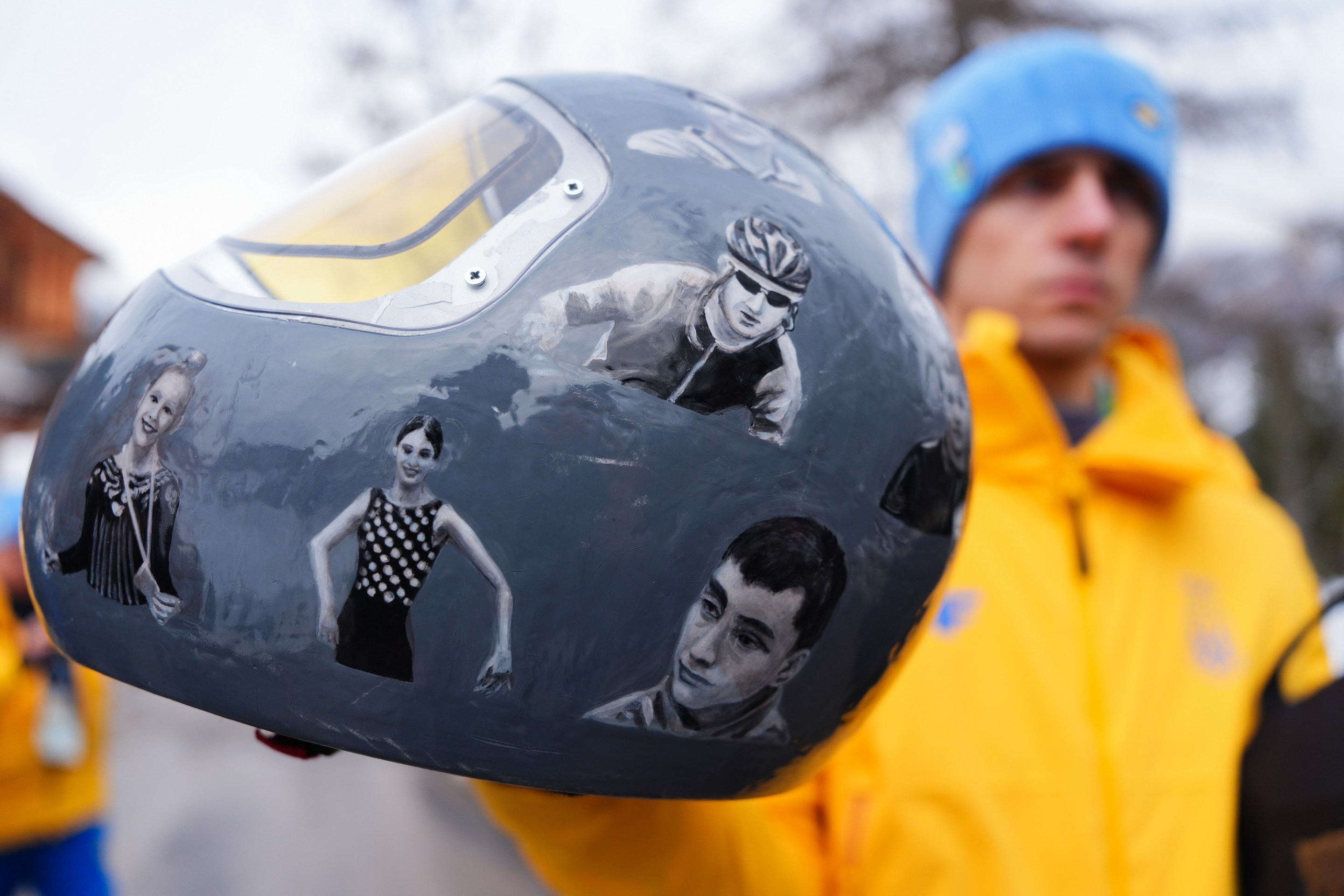A famous London chef named Elizabeth Haigh has had her cookbook withdrawn from publication, Eater reports. Turns out, whole passages from it appear to have been lifted, with light cosmetic alterations, from the 2012 book Growing Up in a Nonya Kitchen by Sharon Wee, as well as from the published works of other cooks, food writers, and in at least two hilarious cases the recipes published on the product page of a Singaporean spice store's website. Most bizarrely, it's not just recipes or food or cooking descriptions that Haigh appears to have plagiarized; it's also memoir-type stuff about, like, her mom.
For example (from Eater):
Wee:
“My mother, like many of her friends, placed their most frequently used condiments and ingredients within easy access while they cooked. That often meant a plastic tray . . . where there were small bottles of soy sauces, sesame oil, and jars of minced garlic, salt and sugar. In the past there would also have been a metal container to hold recycled cooking oil.”
Haigh:
“My mother . . . kept her most frequently used condiments and ingredients within easy reach of where she cooked. That often meant a plastic tray full of little jars of oils, crispy-fried shallots or garlic, crushed garlic, salt and sugar. There was also usually an old metal pot for recycled or discarded frying oil.”
Eater
I encourage you to go check out the Eater article I've now linked to four times in this blog's first 200 words, for more fun examples. Some of it's the type of stuff that Haigh or her publisher could plausibly deny—it's at least faintly plausible that two people with similar backgrounds could develop startlingly similar curry pastes innocently and independently, for example, and there's typically not a whole lot of stylistic variance in recipe writing—if not for the suspicious light cast by the more obviously plagiarized bits. That is to say, when you appear to have stolen another writer's whole entire mother without attribution for your book, that makes it a little bit harder to be like, "No, I swear, it's pure coincidence that I happen to have the exact same hokkien mee recipe, right down to the measurements, as this whole other cookbook writer."
The question I can't stop chewing over, as with every other instance of plagiarism, is: What the fuck were you thinking??????? I swear, plagiarism is the absolute weirdest form of fraudulence. I'm never less than totally baffled and disoriented by it.
Whatever anybody's chief motivation for writing a thing—a book, a blog, a reported feature, a poem, anything—surely the main reason to publish it is so that it can reach a larger audience than will read it if you just jot it into your private diary or whatever. Even if you're in it for purely mercenary purposes, the published writing will not make you money unless it reaches a lot of readers. Otherwise why publish it! Otherwise there is no dang reason to publish it!
In the plagiarist's case, then, their actions and objectives are in very deeply weird opposition to themselves, and to each other. The more people read your plagiarized work, the more certain you are to be exposed as a plagiarist; if doing plagiarism helps you finish the work sooner or makes the work appear stronger or better, then it just makes your eventual shame all the more likely. The better the stuff you plagiarize—the more it benefits your work, that is to say—the more likely it is to have stuck in the memory of someone who already read it, who will know that you are a plagiarist. But plagiarizing bland, forgettable shit, while perhaps likelier to escape detection, is completely freaking pointless: It can't help you with the only goal that explains the choice to publish work instead of keeping it private, which is for it to reach lots of readers and, in a cookbook author's specific case, to burnish your reputation as a source of good recipes and/or food writing. It's absurd and dumb! Plagiarism, especially in work for publication, is the only crime (literal or figurative) I can think of in which doing it effectively is way more incriminating and certain to fail than doing it badly and unproductively. It's self-defeating!
There's not even any effective or worthwhile way to cover your plagiarism trail, unlike with many of the other notable frauds! The very nature of plagiarism makes trail-covering absurd and paradoxical: Changing the wording or rearranging the clauses or whatever might suffice to throw readers off your trail—but that's just as much work as writing your own shit, and way more tedious and pathetic. And if you weren't skilled or creative enough to write original shit, then you also are not skilled or creative enough to edit the plagiarized stuff in ways that will retain whatever value you hoped to steal from it (you swine). It's just an all-around dumbass thing to do! A real dumbass behavior.
All of this, of course, is aside from the basic personal grossness of it. How do you live with yourself? This is a good passage. I'll steal it and present it as my own and hope no one notices. I'm OK with being someone who'll do that. Have some self-respect, clown! The plagiarist is the lowest of shit-eating rats; they make embezzlers look like Desmond Doss. Imagine flushing anybody's belief in your integrity down the toilet for something as harebrained and doomed to fail as I'll definitely get away with copy-pasting another writer's work into something I hope will sell a million copies and make everyone pay attention to me.
You imbecile. You absolute dunce. What were you thinking? I can't even look at you. Now please explain plagiarism to me.






